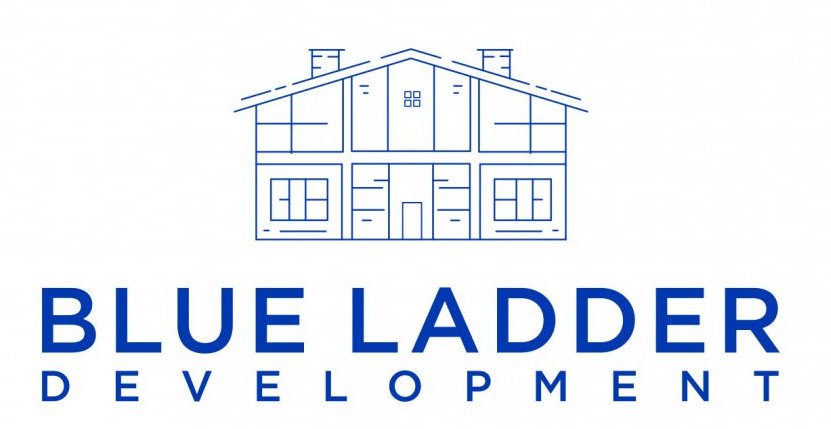 Probate is the legal process of evaluating the assets and liabilities of a deceased individual. After an inventory of all assets and liabilities has been completed the court system will supervise the distribution of excess assets to the appropriate beneficiaries.
Probate is the legal process of evaluating the assets and liabilities of a deceased individual. After an inventory of all assets and liabilities has been completed the court system will supervise the distribution of excess assets to the appropriate beneficiaries.
Dealing with the probate process is going to extend the settlement of the estate several months since you are at the mercy of the local courts schedule. Because probate is something that most of the general public isn’t well educated on there are common scams that people commonly fall for. In today’s post we will point a few common scams in specific regards to probate property to prevent yourself from becoming a victim.
The Probate Process for a House in Chicago – How to Avoid Getting Scammed
Probate Process for a House in Chicago
Without the right kind of trust in place, probate usually follows a person’s passing. Probate is the process by which the decedent’s debts are settled and his or her property (held on his or her name alone and not otherwise legally distributed) is transferred to beneficiaries and heirs.
Typically, the probate process follows four steps.
- The first step involves filing a petition with the probate court to admit the will and appoint an executor or, if there’s no will, to appoint an administrator of the estate. A hearing date is set, and notice of the hearing is published locally.
- After being appointed by the court, the decedent’s personal representative gives notice to all creditors, and an inventory of the estate is made.
- After determining which claims are legitimate, the personal representative pays all expenses, debts, and taxes from the estate. Sometimes, this involves selling estate assets to meet obligations.
- Assets (legal title to a house, for instance) are disbursed according to the decedent’s wishes expressed in the will or, in case there is no will, according to the state’s intestate succession laws.
And that’s it for the probate process for a house in Chicago and for the entire estate as well. Just be wary about any scams that may pop up along the way.
Common Probate Scams
These are some new twists on old scams that owe their re-birth (and effectiveness) chiefly to the Internet and email. They always, however, target the vulnerable.
- Probate Avoidance Scam – The perpetrators of this scam usually target the elderly. It involves persuading victims to buy fraudulent products that purport to help them avoid probate, for example, a very expensive living trust kit. Once the scammers have the money in their hands, they either never deliver or provide a product that is actually legally useless.
- Inheritance/Estate Tax Scam – Some states still levy an inheritance or estate tax. Using a trusted person’s or organization’s name, scammers contact potential executors/personal representatives informing them that they stand to inherit a bunch of money. The only catch is that – because in these states the tax must be paid before probate can go forward – the victims must first send the scammers an inflated tax.
- Fraudulent Listings Scam – In this scheme the scammer will research properties in the area that are in probate and pretend they are the owner of the property. They will post the property for rent online and require a prospective tenant to pay a security deposit and first month’s rent for the property. The prospective tenant will send over the money to the person impersonating the owner and never hear back from them again.
If you’re facing probate, especially the probate process for a house in Chicago, it’s probably not as ominous and frightening as it first seems. Knowing what it involves and being aware of the common probate scams are good first steps – but there’s more to consider.
